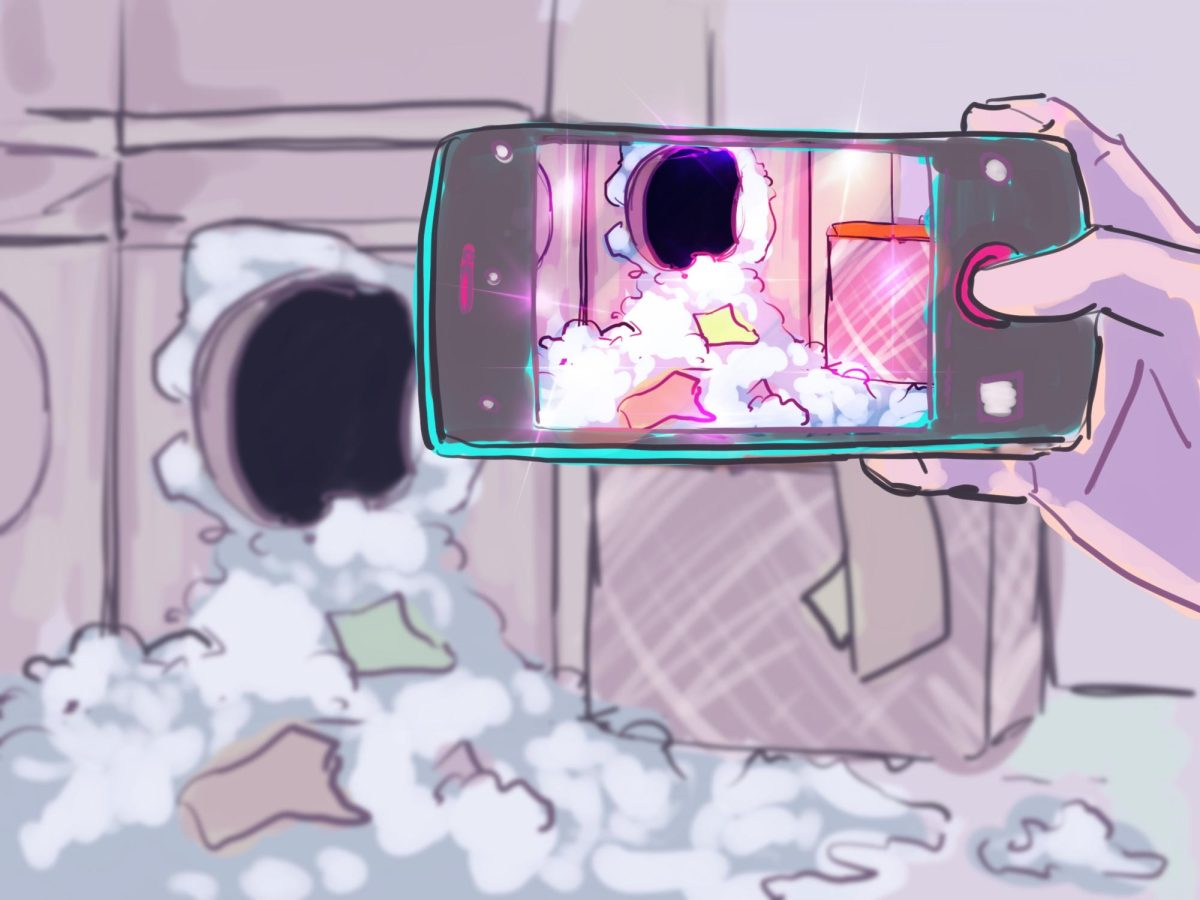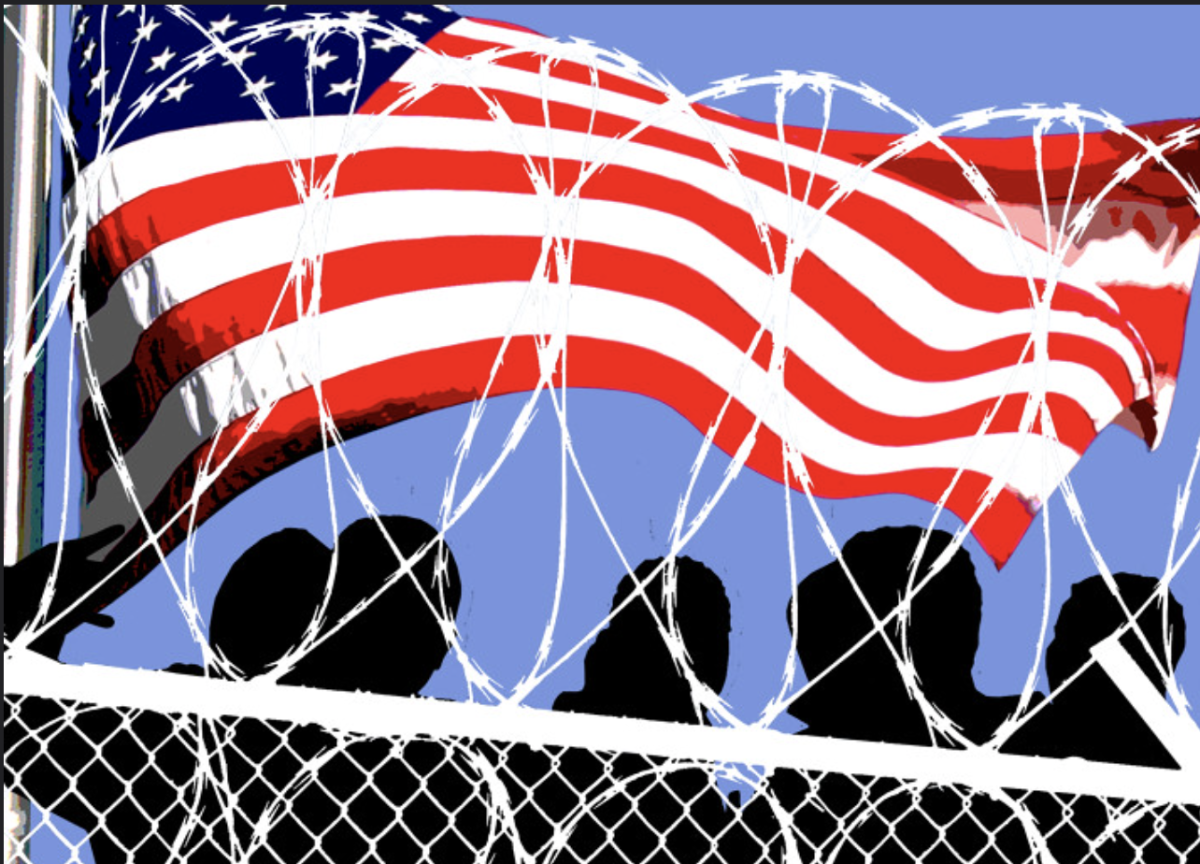Nowadays, we find ourselves in a disjointed society. While some spend their days shopping on Rodeo Drive in Beverly Hills, others struggle to survive famine, war, and tragedy.
The truth is, we have always lived in a society of the haves and have-nots, yet the rise of social media allows us to observe these coexisting realities at any moment.
Each scroll and every video pulls on your heartstrings and infuriates you—you may even passionately take the side of a nation in conflict with another.
The most enraging aspect of observing others’ struggles from afar is the sense of powerlessness, the knowledge that you most likely will not be able to make a difference in their lives. “Like, comment, and share,” people say, as if this will do anything for those who are suffering.
Over-exposure to horrors has led to mass desensitization in the face of others’ suffering. Increasingly negative media ignites our deep despair, outrage, and agony. Then, positive media slowly decreases our rage and increases our positivity.
The range of emotions we experience from media can thus be expressed as an infinitely repeating cycle, but eventually, these emotions decrease in their intensity until a user is no longer strongly affected by anything they see.
The severity of the events we see in the media does not change, yet our response to them slowly dulls, with each extreme event becoming relative to another. Four people dead no longer seems significant to us, in the face of other news that lists thousands who have died. Though 400 and 4,000 are more than four, that should not diminish the value of four deaths. Yet, it does.
According to a review of research by L. Rowell Huesmann published in the Journal of Abnormal Child Psychology, those who were consistently exposed to violence in media display less outrage and are less emotionally afflicted when exposed to media relating to various types of violence.
Our constant exposure to violence and negativity has made us desensitized to the world around us and the extent to which others struggle. Media not only desensitizes us to negativity but also instills a sense of hopelessness and encourages the notion that others’ suffering is a lost cause.
All of us have faced the conflict of wanting to help others yet feeling powerless in our attempts. Whether it be a commercial for ASPCA with starving puppies deserving a chance at life or news articles about merciless bombings in the Middle East, we have all experienced this feeling of powerlessness.
However, we should not let this feeling overcome us or cause us to turn off all media in frustration. In accordance with George Santayana’s iconic quote, “Those who do not remember the past are condemned to repeat it,” remaining willfully ignorant condemns society to repeat such atrocities. We can learn from our mistakes and the mistakes of others, and if we do not, we fail continuously.
Ignorance makes us oblivious to the roots of others’ struggle and inhibits our ability to empathize with those who suffer. Ignorance severs our connections to those we would weep for. Being oblivious to others’ struggles makes us complicit in their suffering.
I am not claiming that everyone reading this is responsible for the atrocities of this world. Yet, we are complicit if we choose to remain oblivious.
Informing yourself about global events and conflicts defeats the villain that is ignorance—you can empathize and advocate for those suffering, whose voices are silenced by ignorance and the indifference that it breeds.





